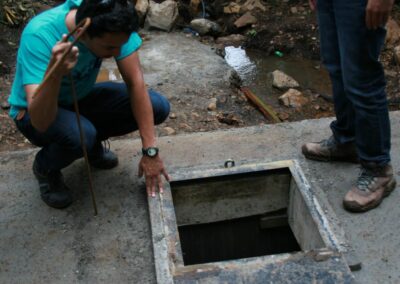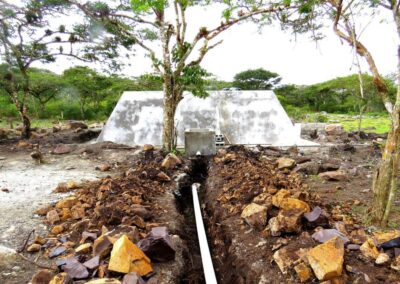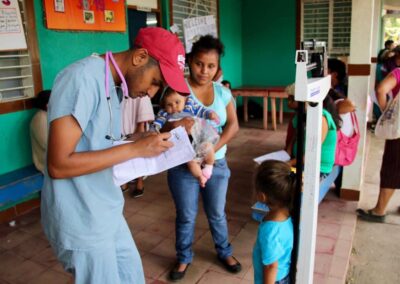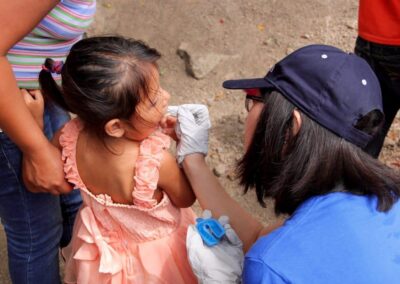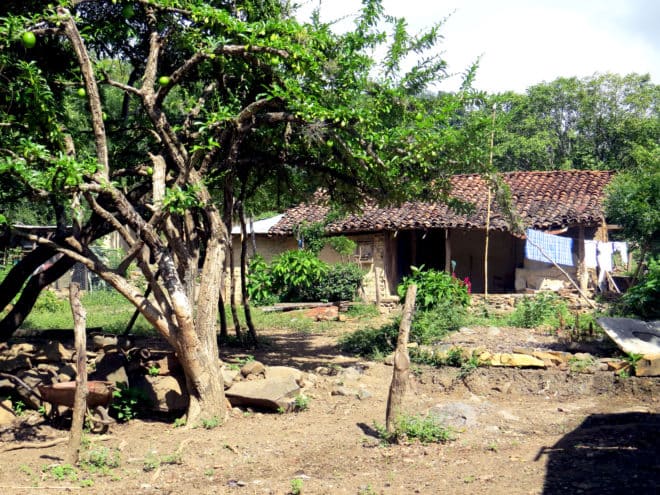Nicaragua
In 2010, community partnerships in Nicaragua were originally established in close proximity to our partners in Honduras as a way to expand the region we were already working in. Programs initially started with healthcare clinics to better understand the needs of the Jinotega region of the country. In 2013, we officially established a separate operation in Nicaragua and have expanded our programs to include economic development, clean water and sanitation.
We work with community leaders to build community-owned banks that provide access to loans, savings and financial literacy workshops, while re-circulating loan repayments back into the community bank for future loans. To combat water-borne, respiratory and skin illnesses, we also work with communities and local organizations to build full-scale water systems piped directly into families’ homes and construct eco-stoves, latrines, hand-washing stations and concrete floors. To continue to provide access to healthcare, we still provide mobile medical clinics until the community has trained local Community Health Workers and a local pharmacy established through Global Brigades.
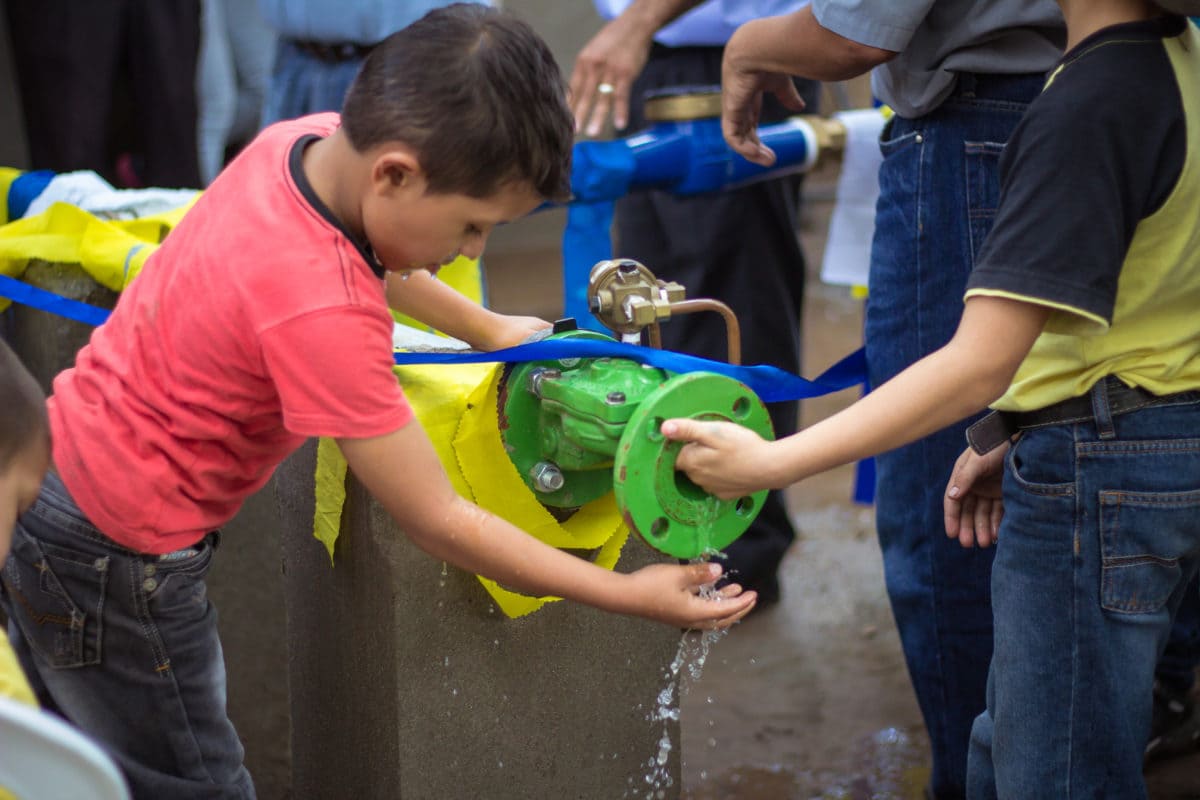
- 131 Community Partners
- Working with more than 136,000 Community Members
- 40.90 % of rural population without access to basic or safely managed drinking water source
- 39% of rural population without access to basic or safely managed sanitation facilities
- 16.65 Physicians per 10,000 people
- Common sources of income include agriculture and fishing
Our Work in Nicaragua
Programs Currently Implemented
Invested in Community Owned Banks & Businesses
People with Access to Clean Water
Families Benefited with Public Health Projects
Community Health Workers Trained & Equipped
Highlighted Projects
Community Banks
Traditionally, our economic development program is only developed in conjunction with the support of international volunteers who raise the initial funds to capitalize community banks by volunteering on “Business Brigades.” Although our Business Brigade program is not offered in Nicaragua, we still work with communities to create community-owned banks that offer savings accounts, small loans and financial literacy.
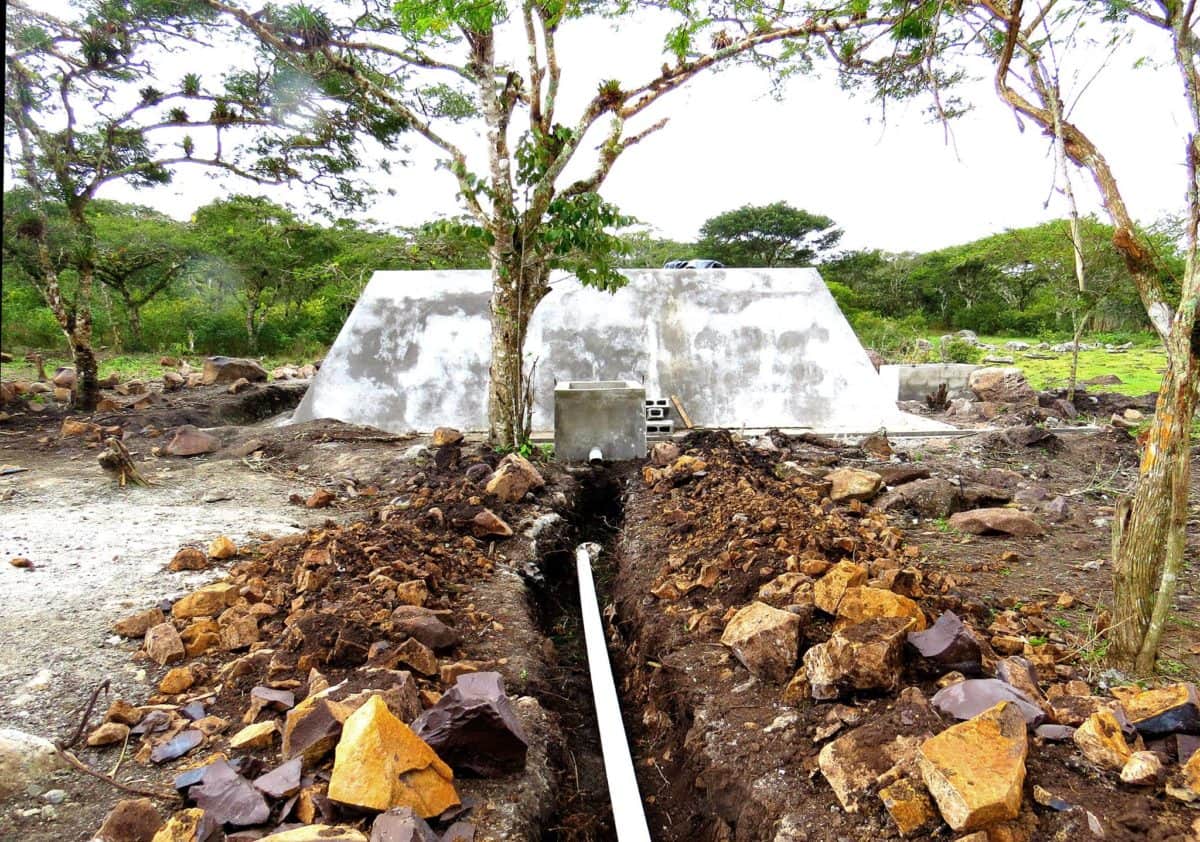
Clean Water
Clean water systems are constructed with local community members working alongside volunteers and local engineers. Systems include the collaboration between partner organizations, community members, government and Global Brigades. Construction may take several months to complete and can include several large scale components, such as dams and storage tanks.
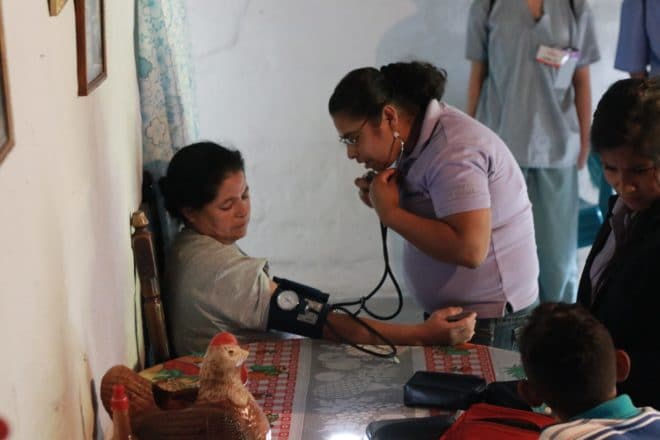
Community Health Workers
Select volunteers living in the community are trained by our staff to become Community Health Workers (CHWs). CHWs provide basic medical care, monitor chronic conditions, and serve as point persons for urgent care cases year-round.
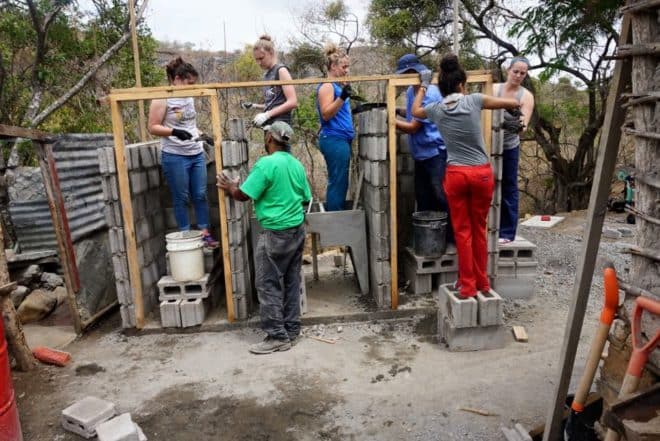
In-Home Sanitation
Volunteers, masons and families work together to implement projects to improve health, hygiene and sanitation. Eco-stoves to target respiratory diseases, latrines to decrease the spread of infectious diseases and parasites, water storage units to improve hand washing and hygiene, and concrete floors to prevent skin diseases.
Safety
Volunteer safety will always be our absolute top priority. Global Brigades recently engaged Askari International Security, an industry leader in international risk assessment, to complete a comprehensive risk/safety assessment of all brigade operations. A full explanation of safety precautions and procedures can be found on our “Safety & Insurance” page.
Volunteer Safety in Nicaragua
- Global Brigades is an active member of OSAC (the Overseas Security Advisory Committee) and receives up-to-date security and safety briefings from the U.S. State Department;
- Established relationship with U.S. Embassy in Managua;
- Full-time local Global Brigades medical personnel on-call at all times;
- Adherence to the IVPA standards of international volunteering.


